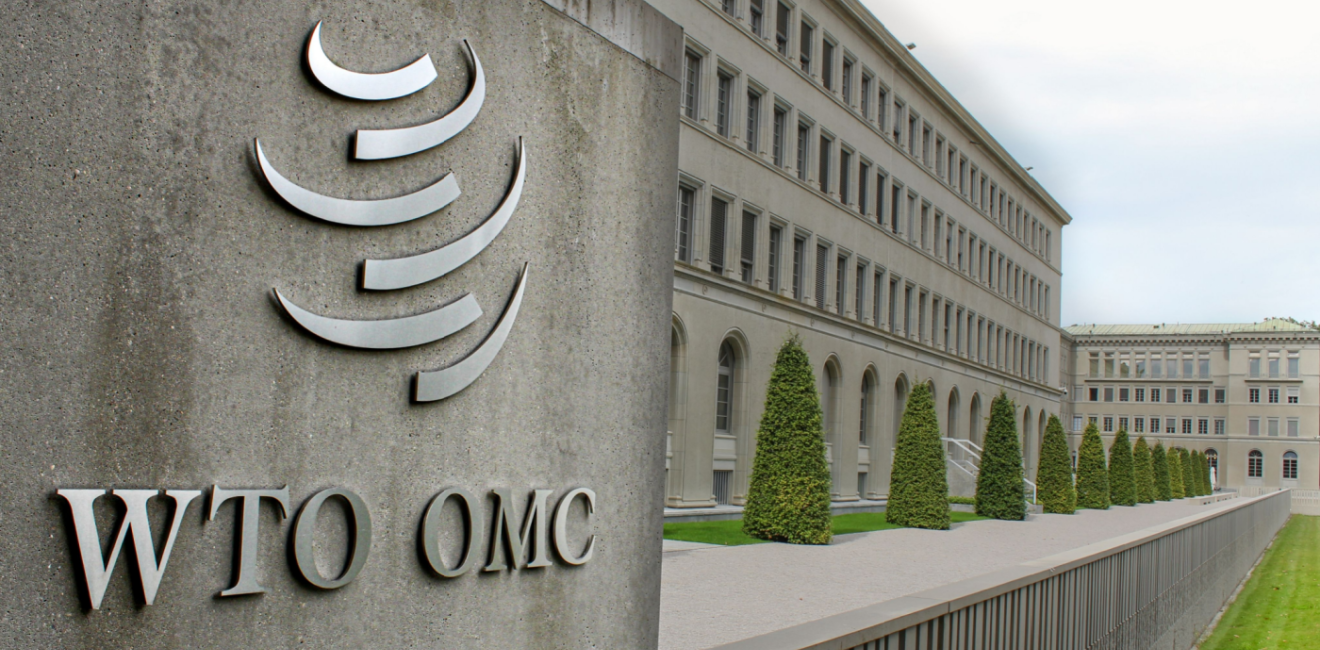Preparations for the World Trade Organization’s (WTO) February 26-29 Ministerial Conference in Abu Dhabi have shifted into high gear, but there is a serious risk that the complex and arduous process will stall and ministers will produce little by way of meaningful results.
Before the end of the year, delegates will endure an array of meetings in which officials repeat long-held positions and engage in the circular arguments in which too many of them seem to specialize. Expectations for the meetings are justifiably low.
Yet there is a good possibility that ministers from 90 countries will agree on a deal on electronic commerce and that more than 110 ministers will endorse the investment facilitation for a development deal struck earlier this year. It seems likely as well that ministers will clear the way for two least developed countries, Timor Leste and Comoros, to join the WTO, bringing the organization’s membership up to 166 countries.
These developments are encouraging, but they must be set against a backdrop of deep pessimism over the fate of many other unresolved issues. The Ministerial Conference (dubbed MC13) is still more than two months away, but it is already clear, for instance, there will be no substantive outcome related to agriculture.
A calamitous virtual meeting of ministers, co-chaired on November 28 by WTO Director-General Ngozi Okonjo Iweala and Thani bin Ahmed Al Zeyoudi (trade minister for the United Arab Emirates), laid bare several factors heralding big trouble for MC 13. The meeting was strong armed onto the agenda by India, which believes (with some justification) that WTO members should approve permanent rules for public stockholding of grain. Under the Indian system, the government buys grains from farmers at above-market prices, which encourages them to grow more, providing more for stockpiles.
Under WTO rules, this constitutes a subsidy. But the Indians secured WTO approval in 2013 to continue their existing program for rice, while extracting a pledge from ministers that a permanent solution to the stockholding question would be agreed to by 2015. That deadline was missed, as were others in 2017 and 2022. The Indians would like to see the deal expanded to cover all farm programs and all developing countries. New Delhi now threatens to block any outcome at MC13 (something it can do under the WTO’s consensus-based decision-making process, which applies for most issues) unless an agreement is reached. That would be a pity, not least because it means no deal on rules would be reached that would ensure availability of foodstuffs for the poorest countries and for those most in need of imported food to feed their people.
Other countries are prepared to call New Delhi’s bluff. India is by far the world’s largest exporter of rice and is also a major subsidizer. Other WTO members see the public stockholding system as a roundabout way of boosting Indian exports.
Last month’s contentious meeting was made even more so by the appearance of the Russian minister. His presence at a selected meeting infuriated members of many delegations, notably those of the European Union. The disruption may portend more Moscow mischief at MC13.
Neither will there be progress in negotiations aimed at further slashing harmful fisheries subsidies that lead to the depletion of global fish stocks. Nor will the partial 2022 agreement banning subsidies for illegal, unreported, or unregulated fishing come into force as the ratification threshold of two-thirds of the membership will not be attained. In fact, even the ban on subsidies for illegal fishing is at risk since ministers agreed last year that it would expire in 2026 unless members agreed on disciplines to curb subsidies, which encourage an overcapacity of vessels and an overfishing of stocks.
Ambition on long-stalled negotiations on trade and in goods and in services has been so low for so long that no one even tried to place them on the agenda for MC13.
For all the effort expended in preparing for MC13, it now seems likely WTO ministers will fail to deliver much, if anything, with the possible exception of an ecommerce agreement. At a time when multilateralism is teetering, this represents a discouraging but not entirely unexpected development.
Author

Director of the Information and External Relations Division and Chief Spokesman at the World Trade Organization (retired)

Wahba Institute for Strategic Competition
The Wahba Institute for Strategic Competition works to shape conversations and inspire meaningful action to strengthen technology, trade, infrastructure, and energy as part of American economic and global leadership that benefits the nation and the world. Read more

Explore More
Browse Insights & Analysis
Scaled Back eCommerce Agreement Possible at February WTO Ministerial

The US Gets Intellectual Property Right at the WHO, Wrong at the WTO

The Biden Administration is Betraying Congress on Digital Trade



